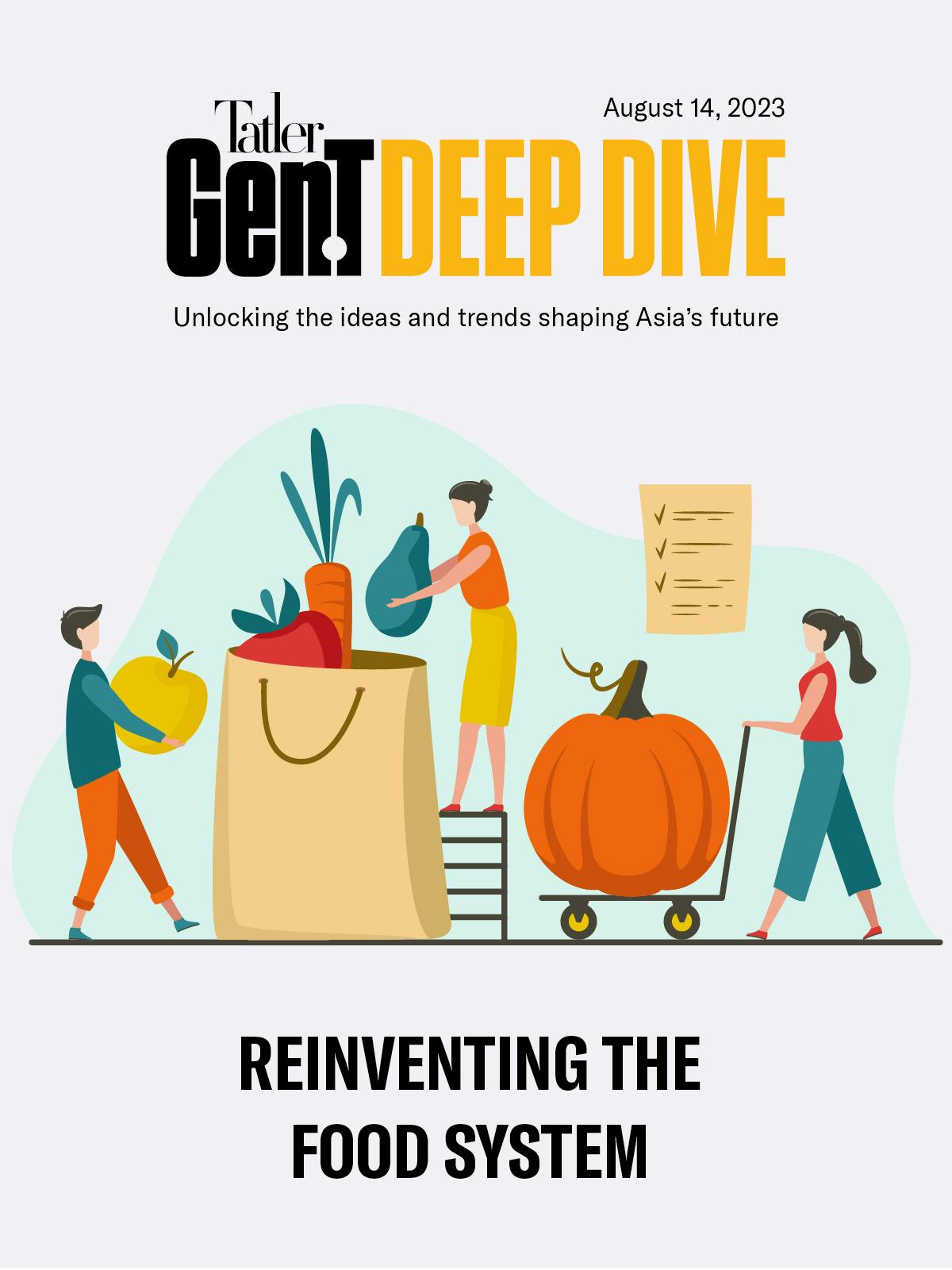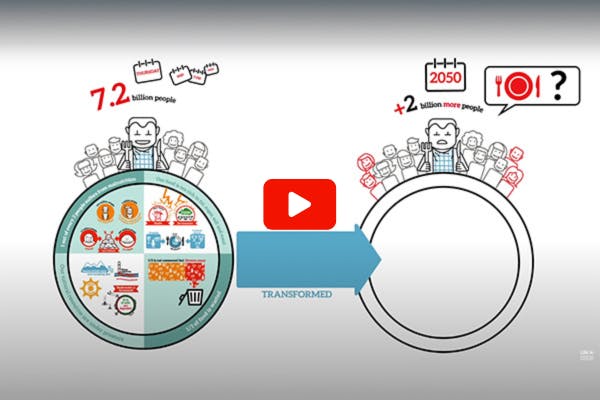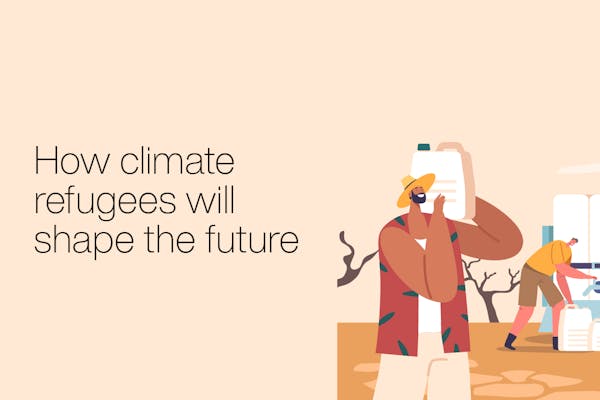How can we fix our food system?
We produce enough food, but we still can’t feed everyone, and the planet is feeling the strain. Let’s take a Deep Dive.
🌾 Since the advent of the Green Revolution in the 1950s, our food system has increased the number of people the world can feed by prioritising efficiency above all else.
🍔 But it’s still bad at feeding a lot of people, it has a big environmental impact and it frequently results in food that lacks nutritional value.
🍽️ Alternative food systems that emphasise local, organic, sustainable produce, though, can struggle to feed everyone.
BY THE NUMBERS

30% The amount of food produced per person has increased by more than 30 percent since 1961, but that’s mainly because of an 800 percent increase in nitrogen fertiliser use.
34% The food system is responsible for 34 percent of all greenhouse gas emissions.
40% That number is set to rise by 30 to 40 percent by 2050 as the population rises and diets change.
40% The amount of food produced that’s lost or spoilt before it even reaches the consumer also stands between 30 to 40 percent.
QUIZ
How many people are estimated to be food insecure in 2023—a number that has doubled in the past three years?
A. 145 million
B. 345 million
C. 545 million
Scroll to the bottom of the email for the answer.
Did you know?
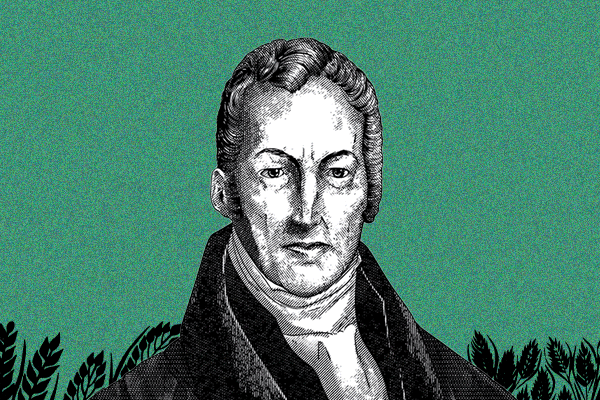
Concerns about the inadequacies of the food system are nothing new. In the 18th century, British economist Thomas Malthus wrote an influential essay arguing that increases in food production tended only to lead to increased population rather than increased prosperity.
THE EDIT
🤹 Triple threat. The challenges of the modern food system come from the fact that it’s trying to do three things at once: feed people, provide livelihoods and protect the environment.
🤢 Nutritional nightmares. The way food is produced right now tends to make us sick for several different reasons.
💣 Grain drain. It doesn’t take much to seriously disrupt food supplies: a war, for example.
🚚 Keep it local. Countries where food is transported more locally, such as China and India, are more resilient when it comes to adverse events.
WATCH
If you want the limitations of the current food system laid out for you in stark terms by people who ought to know, this should do it.
THE FULL PICTURE
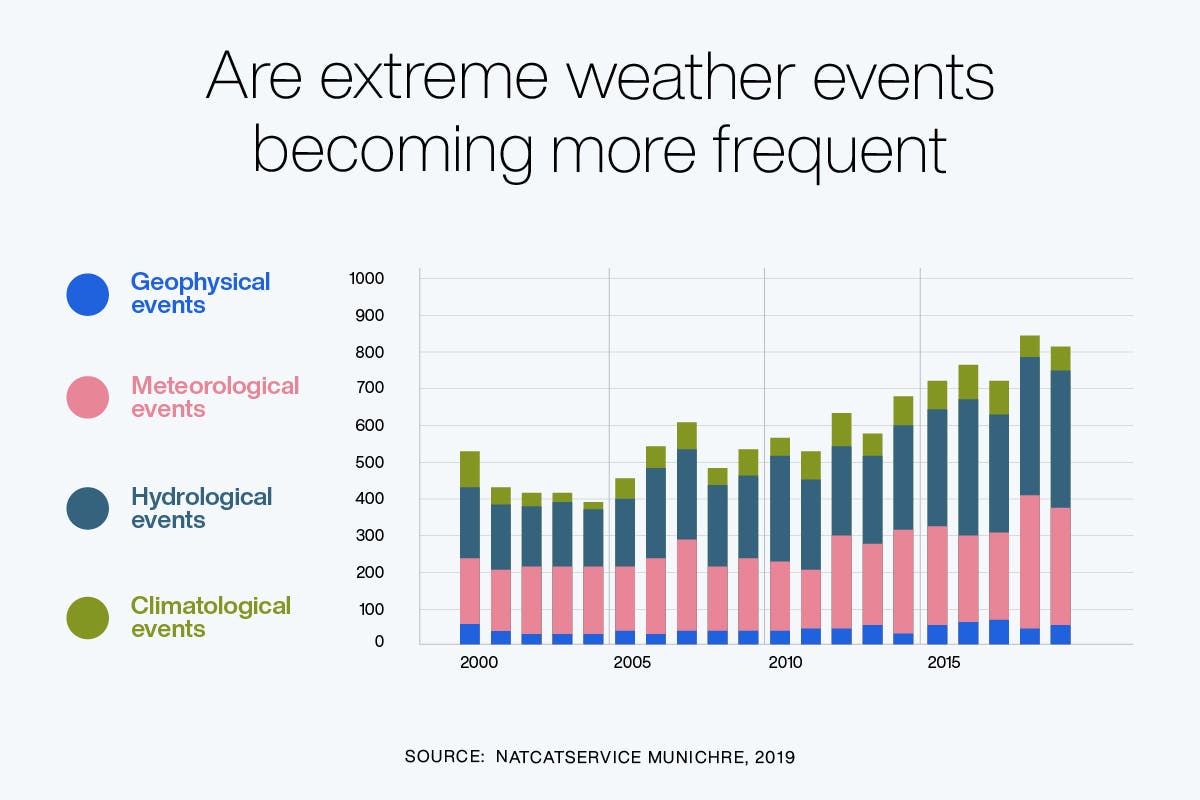
Extreme weather events of the type that can cause catastrophic fractures in the food system are becoming more common.
HONOUREES TO KNOW
Blair Crichton and Dan Riegler
Karana is creating healthy, sustainable plant-based foods, and doing so using minimal processing. The company, co-founded by Blair Crichton and Dan Riegler, uses ingredients that have a naturally meat-like texture. Its first product transforms jackfruit into a whole-plant-based alternative to pork, which is also made into ready-to-cook products. Karana sources its ingredients directly from smallholders to promote an equitable supply chain.

ONE FINAL THING

Should the worst occur, we will at least be able to fall back on Feeding Everyone No Matter What: Managing Food Security After Global Catastrophe (2014) by David Denkenberger and Joshua M Pearce. The book details the food production strategies that will still work in the event of various catastrophes, from climate change to the emergence of super-bacteria to nuclear winter. The quintessential contemporary bedtime reading, then.
